In the year 2023, we not only celebrate the capital’s 150th birthday but also the centenary of the birth of many significant authors of Hungarian literature, as well as the creation of the Himnusz, Hungary’s national anthem. To mark the occasion, the Petőfi Memorial Year has already been launched across the country, and Debrecen is organizing a series of events as part of the Literary Memorial Year. We have rounded up a list of the people we are commemorating this year.
Sándor Petőfi | 200
Across the country’s cultural scene preparations for the 200th anniversary of the birth of the most famous Hungarian poet are well underway. As part of the bicentenary, significant public funding is being used to support literary memorial houses and cultural institutions in Hungary, as well as to develop rural museums across the Carpathian Basin. Something called a ‘Petőfi-bus’ has also been launched and there are plans to create a new permanent Petőfi exhibition, as well as to and to unite the Károlyi Palace courtyard with the Károlyi Garden. We might also expect major events on 15 March to commemorate the revolutionary poet.
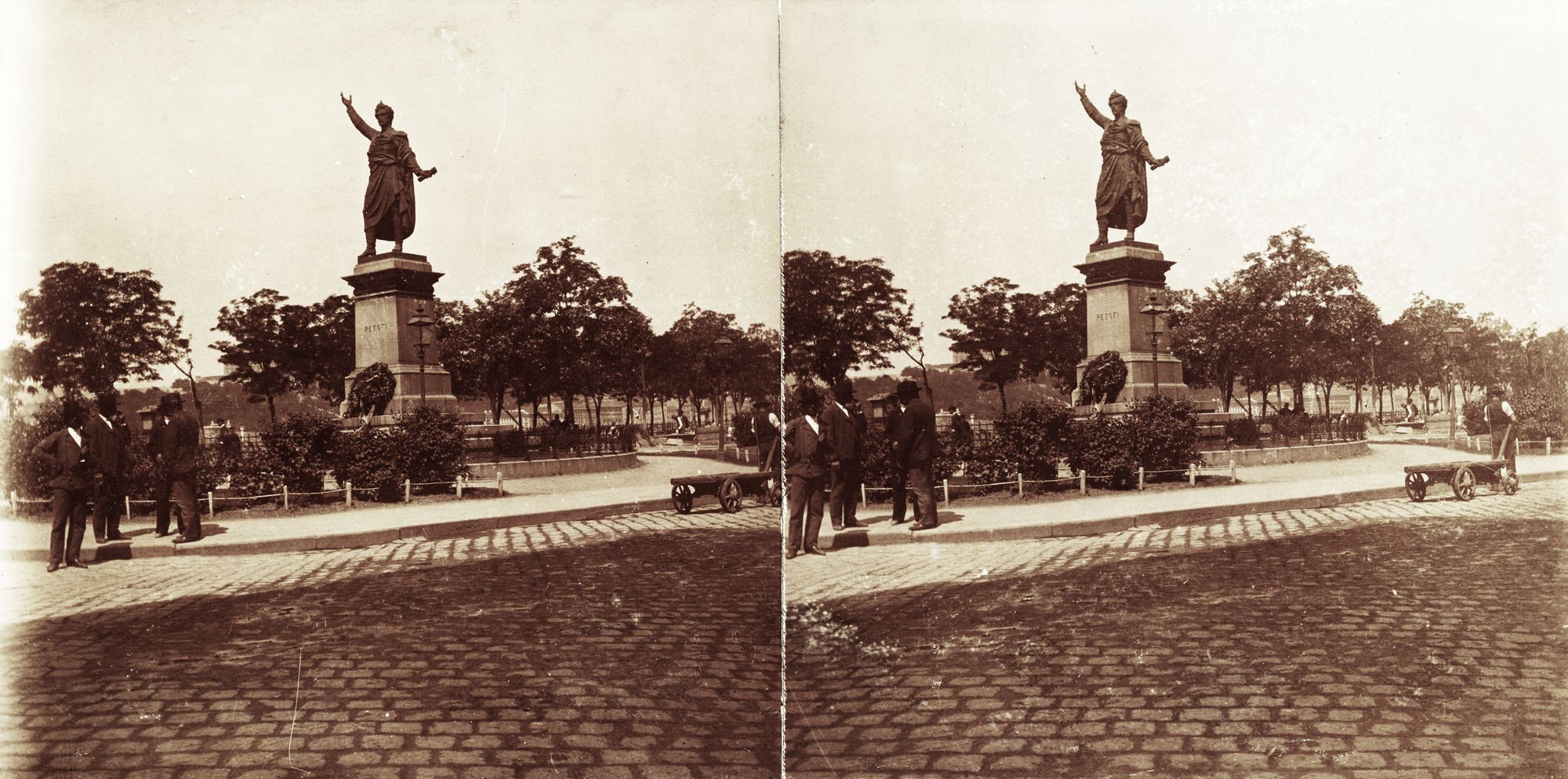
Imre Madách | 200
One of the most prominent writers of the Hungarian stage writing would also be celebrating his bicentenary. The author of The Tragedy of Man was born just 19 days after Petőfi, in January 1823. His most famous drama has been adapted into an animated film by Marcell Jankovics, which will be screened at multiple events this year.
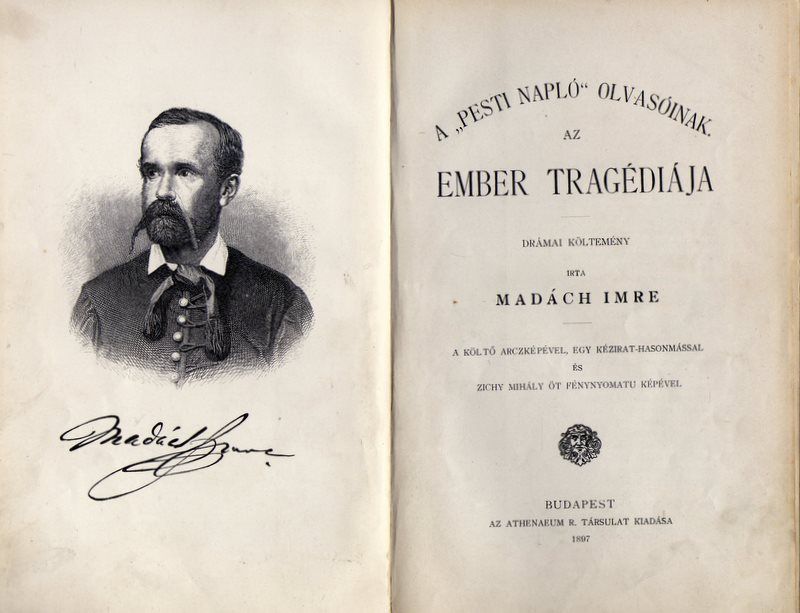
Ágnes Nemes Nagy | 100
On the centenary of her birth, we commemorate the work of Ágnes Nemes Nagy, Kossuth Prize–winning poet, literary translator, essayist, and educator. Earlier, we reported that Дeva’s latest music video is inspired by her poem Emilyen, also to mark the special occasion. Nemes Nagy is one of the few women who have become prominent figures in Hungarian literature. In addition to editing the literary journal Újhold and her poetry for adults (such as the volume Kettős világban [In a Dual World—the Transl.]), her children’s poems have also been highly popular. Although the journal was banned at the time, it is considered today as a flagship of quality literary journalism.
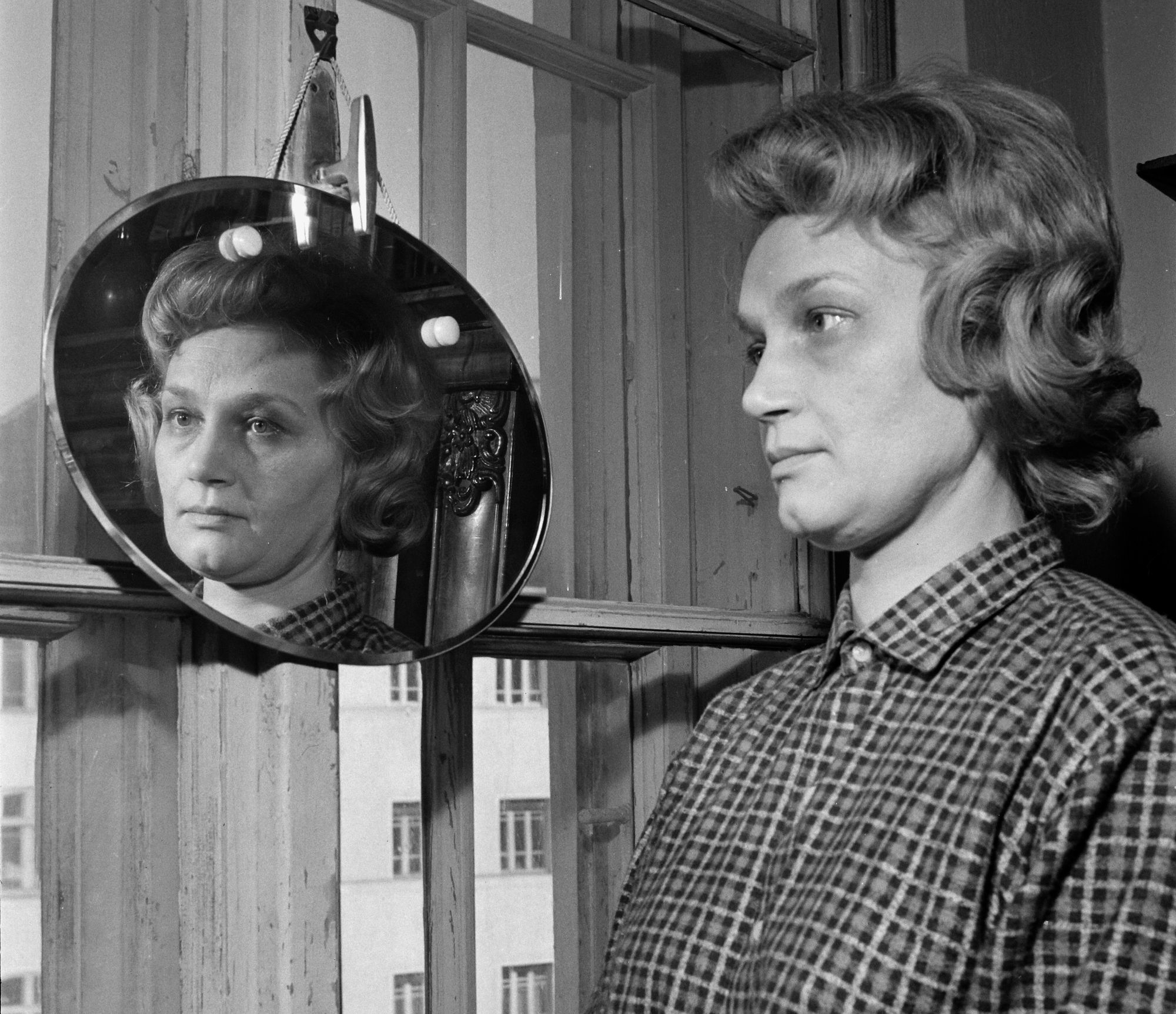
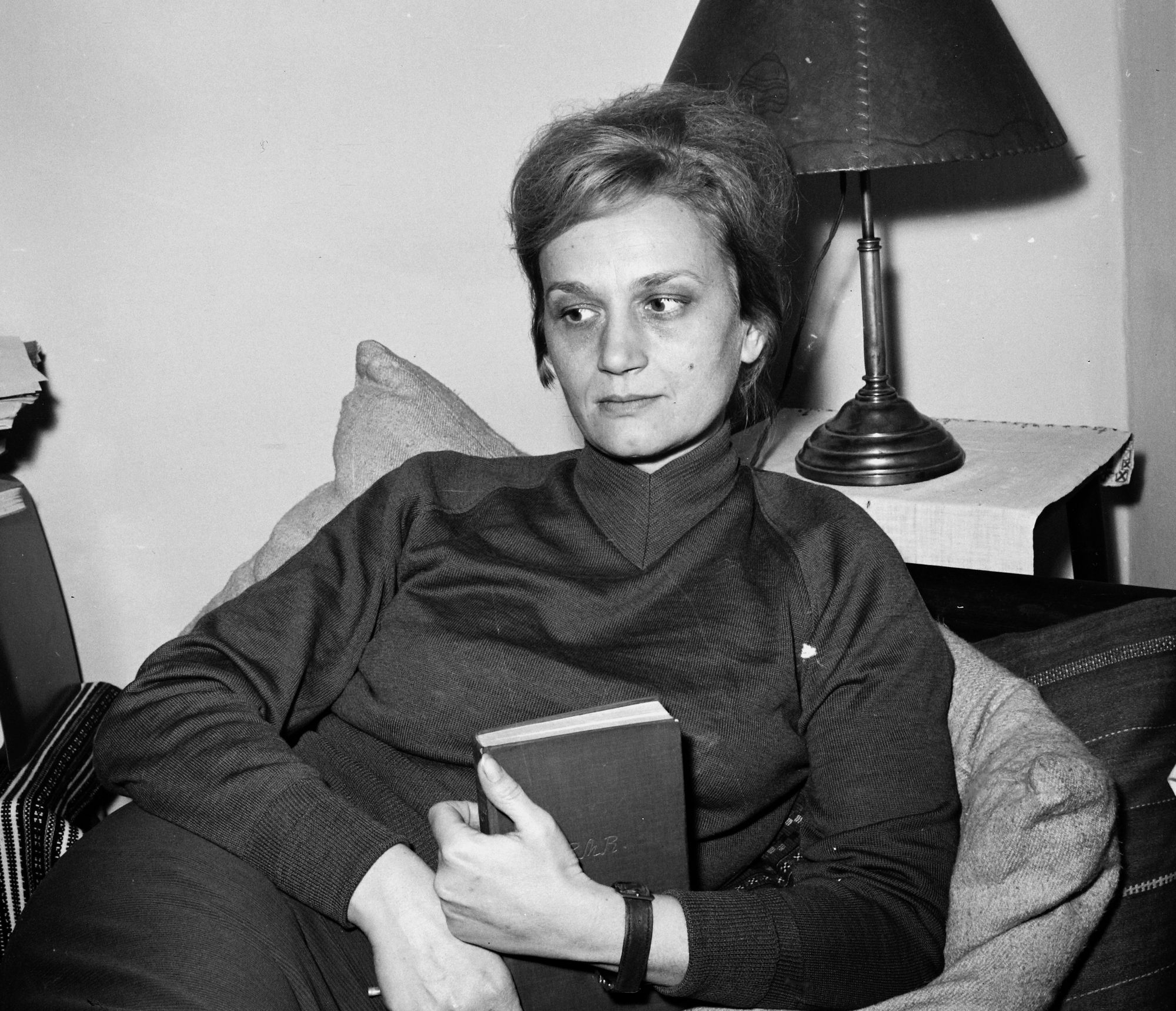
Himnusz | 200
The Hungarian national anthem, Himnusz was written by Ferenc Kölcsey two hundred years ago, on 22 January 1823. The lonesome poet originally named his best-known work Hymnus, which was later set to music by Ferenc Erkel. On the 200th anniversary of its creation, the Day of Hungarian Culture, which also marks the one-year anniversary of the House of Music Hungary, the new venue in the City Park will host a literary and musical commemoration.
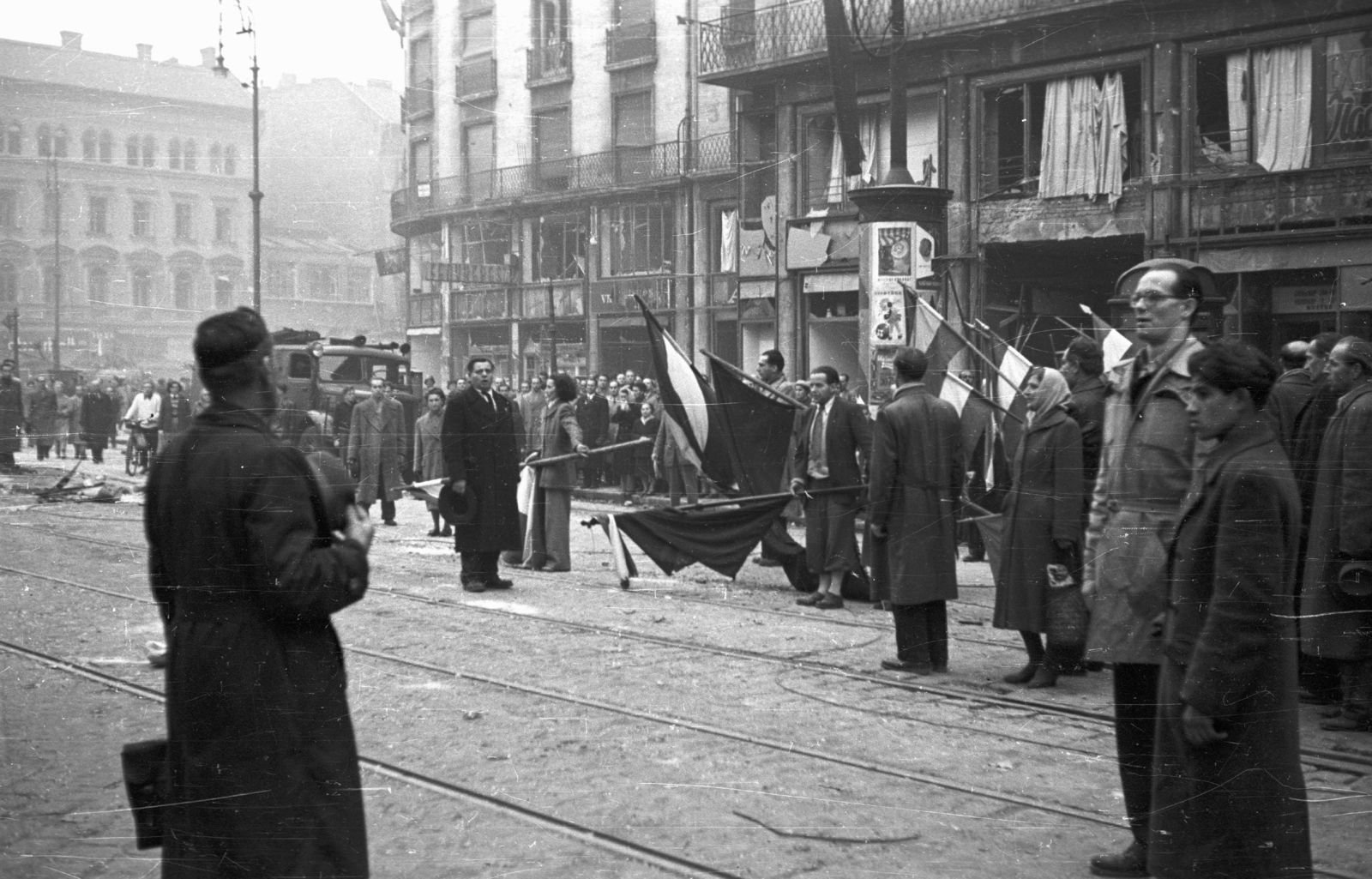

Alaine Polcz | 100
Alaine Polcz’s legacy as a psychologist and writer, and as a pioneer of thanatology (the study of death and grief) in Hungary, continues to have a significant impact today. She carried the horrors of war with her throughout her life and wrote about them in her book Asszony a fronton (One Woman in the War—the Transl.) already as a young woman. Although Alaine’s centenary was celebrated in October last year, a short film entitled #polczalaine100 – Elmentem – látszik was recently released by Jelenkor Publishing.
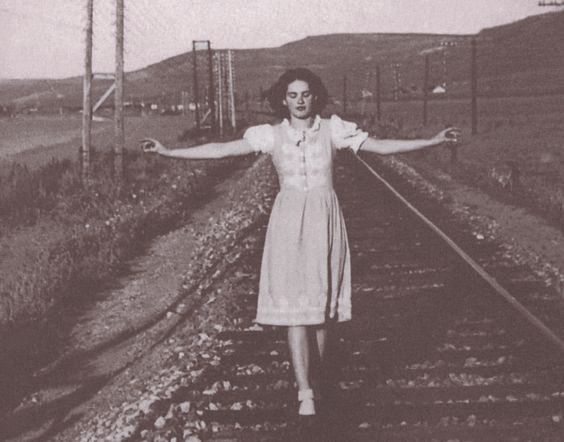

Source: Marie Claire, Népszava

A matchbox full of past

The flora of Krajna lives on in KRAYNA’s latest cosmetics










